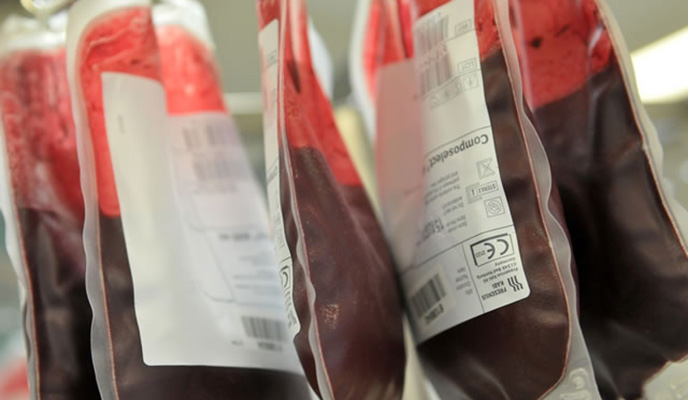
PATIENTS at private health institutions will now be required to fork out over $10 000 for a unit of blood following adjustments of prices by the National Blood Services of Zimbabwe (NBSZ).
BY PHYLLIS MBANJE
Previously, the same quantity was going for $2 160 and was last adjusted in December last year.
The new price came into effect on June 15. The cost of other blood products also shot up with fresh frozen plasma now pegged at $6 300 and a paediatric pack $4 200 per unit. To have a full blood count, one now has to pay $2 100.
NBSZ spokesperson Esther Massundah said patients at public facilities would still get free blood. However, even patients in public facilities will suffer the same fate as their private counterparts due to limited supplies of blood at the facilities. Explaining the hike, she said the cost of critical raw materials and consumables required for collection and processing of blood components had continued to escalate.
“As a result of the current inflationary environment, NBSZ is procuring these products from the local market at a premium which is over 240% as compared to the current interbank exchange rate,” Massundah said. She said that the cost of donor refreshments, blood bags, staff had tripled due to the depreciation of the local currency. “Therefore, it has become necessary to adjust the cost of blood components in order to be sustainable and maintain quality of products,” she said.
Zimbabwe’s blood bank has been running low due to a shortage of consumables used to collect blood from donors. Instead of the normal five-day stock, the NBSZ is currently operating on a three-day supply.
Recently, Massundah said shortage of consumables such as blood bags and test kits had resulted in the depressed supplies during the lockdown period.
- Chamisa under fire over US$120K donation
- Mavhunga puts DeMbare into Chibuku quarterfinals
- Pension funds bet on Cabora Bassa oilfields
- Councils defy govt fire tender directive
Keep Reading
However, the NBZS has clarified that the blood shortage was not due to a shortage of donors. Meanwhile, World Blood Donor Day was celebrated on June 14 but Zimbabwe will hold virtual commemorations today.
This year’s theme is “Safe blood saves lives” with the slogan “Give blood and make the world a healthier place”.











